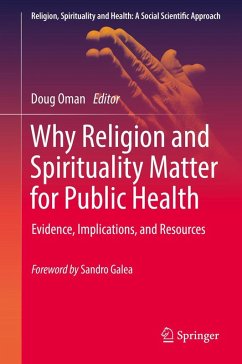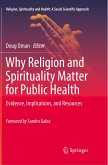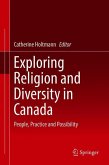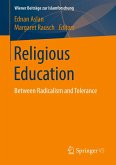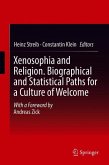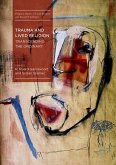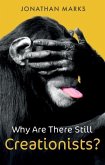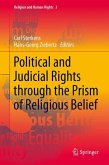This volume reviews the exploding religion/spirituality (R/S) and health literature from a population health perspective. It emphasizes the distinctive Public Health concern for promoting health and preventing disease in societies, nations, and communities, as well as individuals. Part I offers a rigorous review of mainstream biomedical and social scientific theory and evidence on R/S-health relations. Addressing key gaps in previous literature, it reviews evidence from a population health viewpoint, surveying pertinent findings and theories from the perspective of Public Health subfields that range from Environmental Health Sciences to Public Health Nutrition to Health Policy & Management and Public Health Education. In Part II, practitioners describe in detail how attending to R/S factors enhances the work of clinicians and community health practitioners. R/S provides an additional set of concepts and tools to address opportunities and challenges ranging from behavior and institutional change to education, policy, and advocacy. Part III empowers educators, analyzing pedagogical needs and offering diverse short chapters by faculty who teach R/S-health connections in many nationally top-ranked Schools of Public Health. International and global perspectives are highlighted in a concluding chapter and many places throughout the volume.
This book addresses a pressing need for Public Health research, practice and teaching: A substantial evidence base now links religious and spiritual (R/S) factors to health. In the past 20 years, over 100 systematic reviews and 30 meta-analyses on R/S-health were published in refereed journals. But despite this explosion of interest, R/S factors remain neglected in Public Health teaching and research. Public Health lags behind related fields such as medicine, psychology, and nursing, where R/S factors receive more attention. This book can help Public Health catch up. It offers abundant key resources to empower public health professionals, instructors, and students to address R/S, serving at once as a course text, a field manual and a research handbook.
This book addresses a pressing need for Public Health research, practice and teaching: A substantial evidence base now links religious and spiritual (R/S) factors to health. In the past 20 years, over 100 systematic reviews and 30 meta-analyses on R/S-health were published in refereed journals. But despite this explosion of interest, R/S factors remain neglected in Public Health teaching and research. Public Health lags behind related fields such as medicine, psychology, and nursing, where R/S factors receive more attention. This book can help Public Health catch up. It offers abundant key resources to empower public health professionals, instructors, and students to address R/S, serving at once as a course text, a field manual and a research handbook.
"The main theme in this engaging volume, which is both easy to read and understand, is how R/S relates to population health outcomes. ... The focus on how religion and spirituality influence health outcomes, and on related learning and research, make this volume recommended reading across disciplines. ... It is recommended for graduate and undergraduate students for understanding R/S as a dimension of health that interconnects with other sciences and health-related outcomes." (Saneta Maiko, Reading Religion, readingreligion.org, January 11, 2019)

